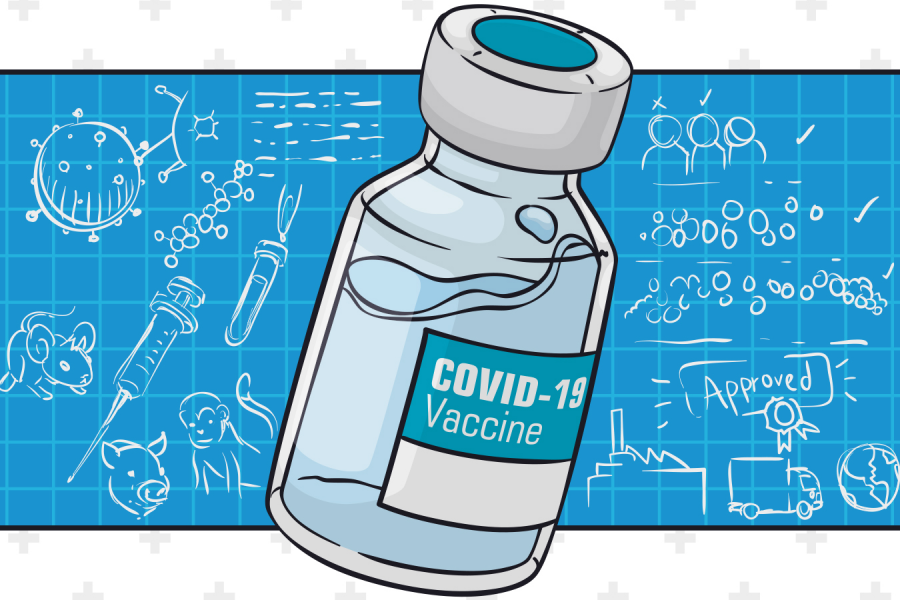The Vaccine Race
All around the world, scientists have been working expeditiously to develop a vaccine that can prevent the spread of COVID-19. Ever since its emergence in December 2019, various vaccines have begun to be rolled out. Here is an overview of the candidate vaccines that have appeared all around the world.
First off, with 94% effectiveness, Moderna is an mRNA vaccine. Just like the Pfizer vaccine, it needs to be kept in ultra-cold freezing temperatures. Developed by Moderna, a pharmaceutical and biotechnology company in Cambridge MA, the vaccine has been recommended by the FDA for use in the United States. It is worth noting that the vaccine is also effective and safe for use by people with known medical conditions and those associated with increased risk of severe disease.
The Pfizer vaccine is another mRNA vaccine developed by Biontech, a biotechnology company, in conjunction with the pharmaceutical company, Pfizer. The vaccine was initially tested in humans in Germany and then continued its trials in the United States. Studies conducted on the vaccine reflected an efficacy rate of 95%. It is worth bearing in mind that the vaccine also proved to be effective in adults older than 65 with an efficacy rate of 94%.
The AstraZeneca vaccine, on the other hand, is a viral vector vaccine developed by the University of Oxford in the UK. The efficacy of the vaccine is 4% lower than that of Pfizer and Moderna. Much different from Pfizer and Moderna, the vaccine is also fridge-stable making it easier for it to be transported anywhere in the world. Furthermore, the vaccine is much cheaper than Pfizer and Moderna, costing about $4 per dose rather than $26 per dose.
The Johnson & Johnson/Jansssen vaccine is also a viral vector vaccine much like AstraZeneca. It’s developed by Janssen Pharmaceuticals Companies of Johnson and Johnson. According to the FDA, its efficacy rate in the U.S. is 72% at preventing COVID 19 and 86% at preventing severe illness and death in people who contracted the virus after getting this vaccine. The J&J vaccine can be stored at higher temperatures and it’s more affordable.
Sinovac, an inactivated vaccine, was given emergency approval for limited use by the Chinese government. Essentially, the vaccine was offered to healthcare workers and other people at high risk in the city of Jiaxing at a price of $60, making it one of the most expensive vaccines available at the moment.
These are just a few of the vaccines that are currently being used by countries around the world in the hopes to bring an end to this pandemic.

